Successive cases are brought against Apple in its struggle with developers and companies producing applications. We have talked about the latest developments and their potential impact on Apple in -This article-. But yesterday Friday witnessed a new development as a judge in the United States ordered the easing of restrictions in the App Store to the extent that it could threaten Apple's income. What are the details?

Early results of the Epic and Fortnite case
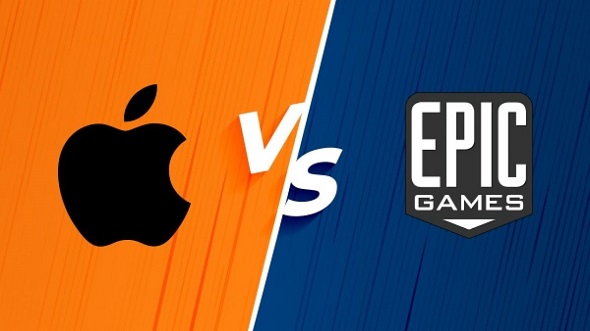
Yes. This ruling is part of the famous case in which the company that owns the game Fortnite is suing Apple to object to the 30% required to be paid from developers and large companies.
Judgment based on fair competition rules
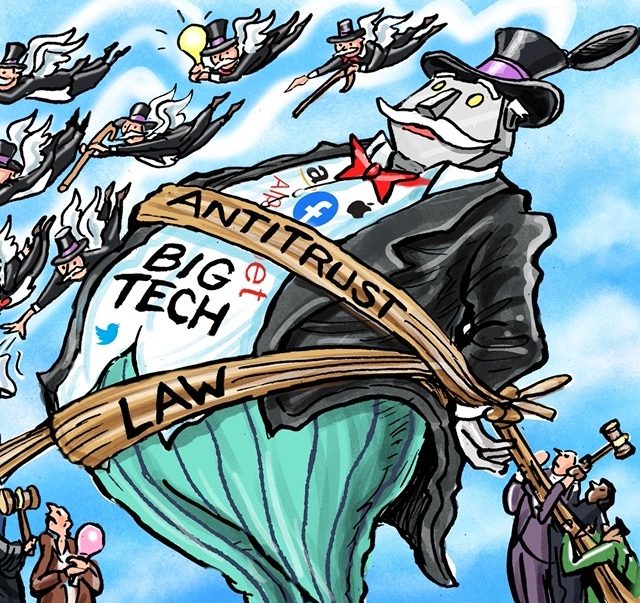
The judge ruled that Apple was violating California's fair competition laws by preventing developers from directing users to payment methods other than the App Store. The judge also ordered Apple to start allowing developers to put links to different payment methods in their apps within 90 days.
If this is done, it will mean that all developers will be able to bypass Apple's in-app payment and avoid paying any company fees.
Verdict against Epic too

The ruling was not only against Apple. Rather, the judge admitted that Epic had breached contract rules between it and Apple when it bypassed App Store rules for in-app payments last year. The judge also refrained from naming Apple a monopoly, i.e. a monopoly company in the app market.
The decision will not be implemented soon

It should be noted that although the ruling was issued and that it provides for a period of 90 days for Apple to allow the developers, but actually this ruling will not be implemented because in the event that Apple submits an appeal to the ruling, its implementation will be suspended until the decision on Apple's objection. So don't expect any change in store soon
Partial victory for both sides
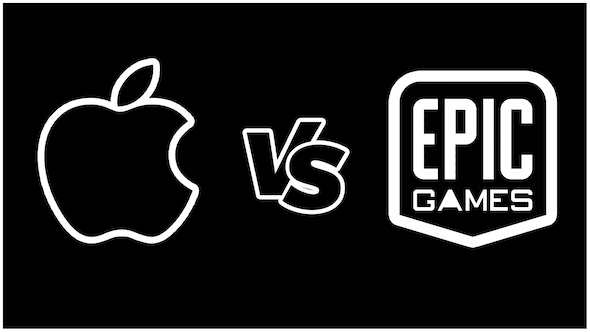
Apple now has a court ruling saying that it does not carry out monopolistic activities in the application market, and this may save it from many legal problems based on this. But on the other hand, the decision could threaten a large part of Apple's income from the App Store if it fails to appeal and remove the part of allowing outside payment methods.
Apple retains App Store rules and 30%
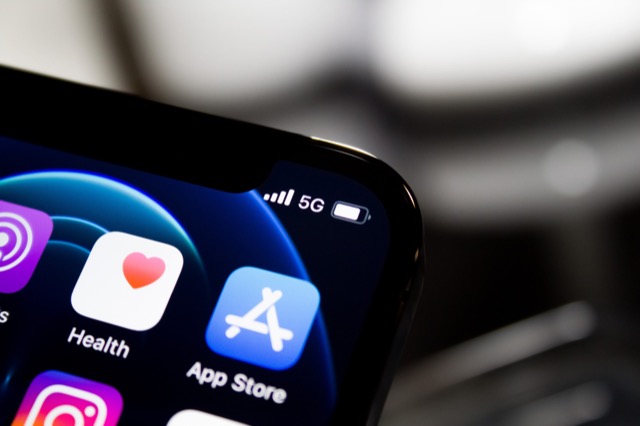
The ruling confirmed Apple’s rules to prevent the presence of other application stores on the iPhone and the company’s right to collect 30% of the profits of senior developers on the store as long as the developer has an additional option, which is to set up his own payment system; If he uses Apple, he must pay 30% for it.
Source:
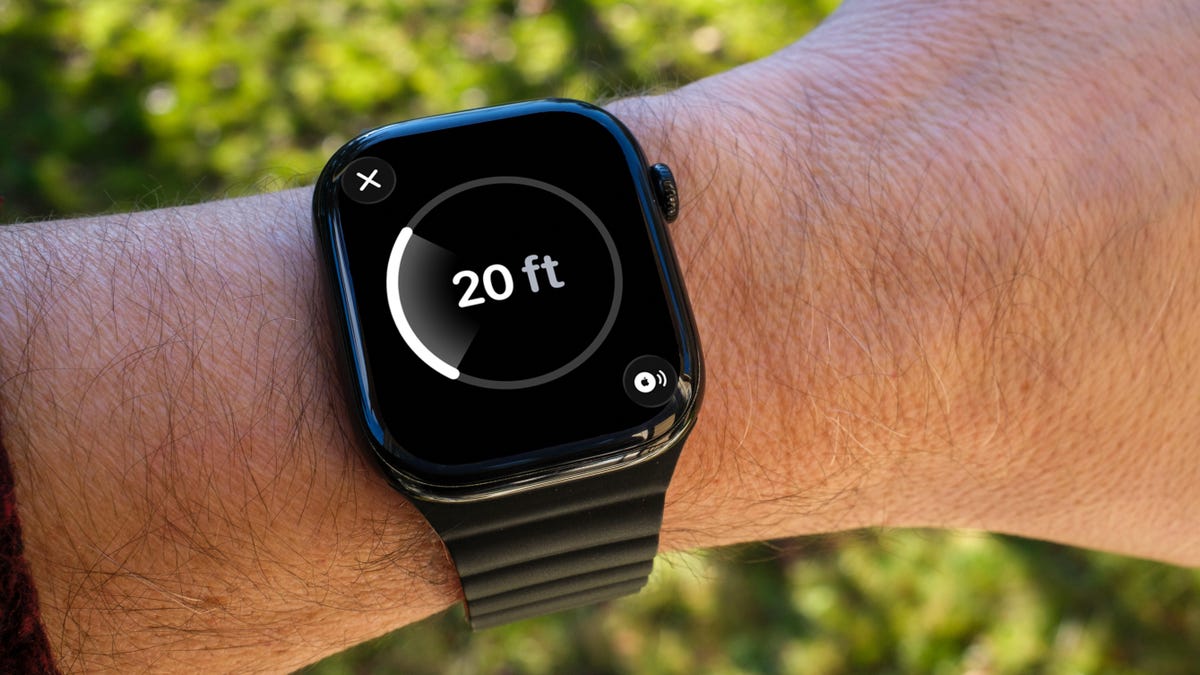

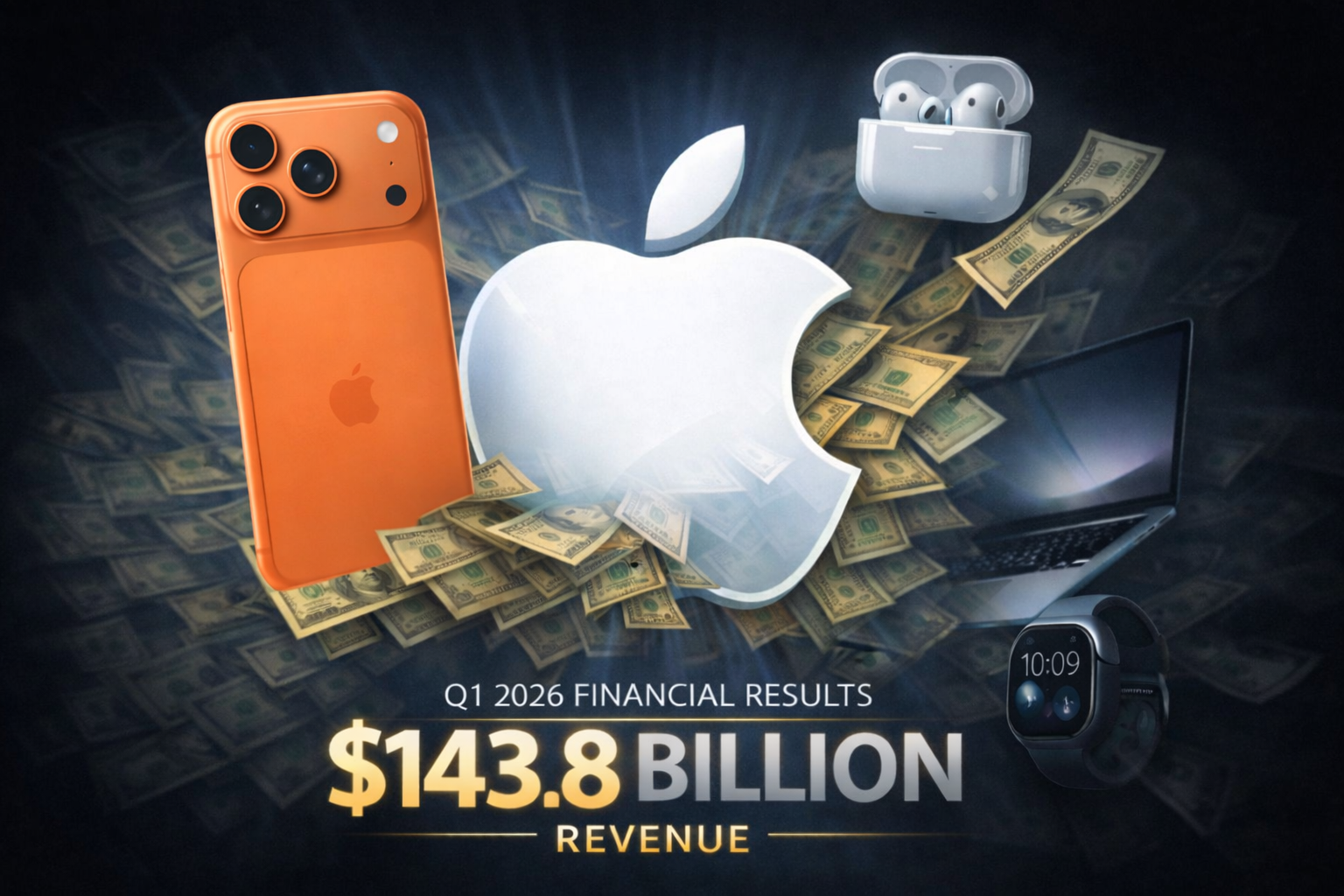
14 comment